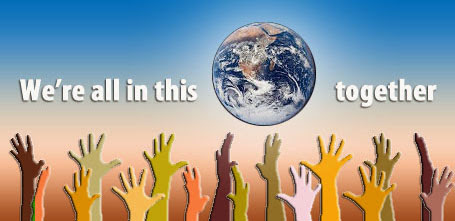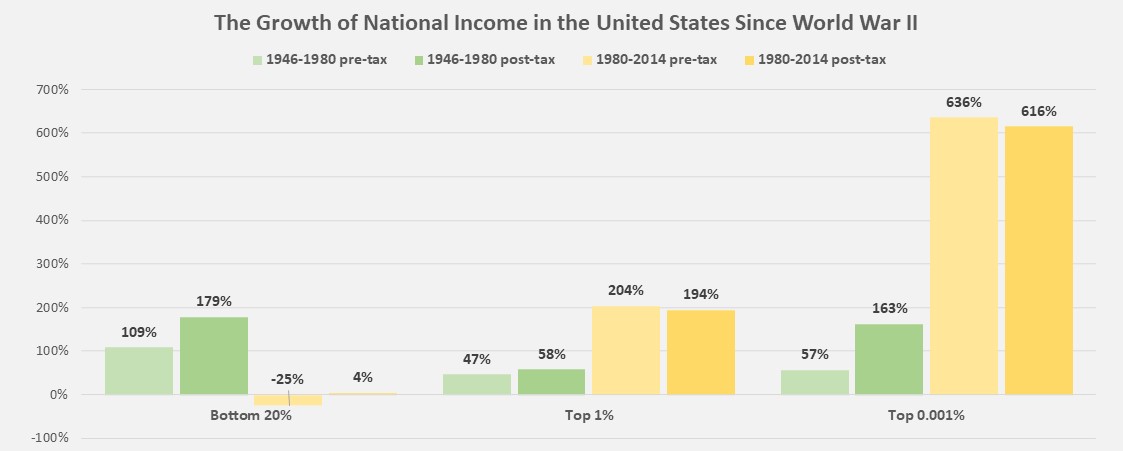It's a privilege to read. I am not constantly worrying about how I will pay for the basics of life - housing, food, health care. I am not worrying about how I will get to work since my car won't start or there is no nearby bus stop to get me there. I'm not seriously concerned about my health or that of those closest to me. I am not employed doing work that adds nothing to my life but a paycheck from which I scrimp by. Yes, in my past I have had to worry about all of those things. But even so I am white and male.
I learned to read when I was small and I still have my vision - even corrected after cataract surgery two years ago. This ability to read and to explore fantasy or facts at my own pace and interest is a gift granted to me by a society that urged literacy and by parents and a school system that believed in the power of literacy. And since my mind is still hungry for wisdom, I search for it through the writings/thoughts of others who have been brave enough to offer their ideas up for others to consider.
For the past five years I have started keeping a ledger of books that I read each year. 2017 saw me complete 31 books, 7 of which were fiction. There were numerous others that I started and didn't finish. The complete list follows.
Ta-Nehisi Coates - Between the World and Me
Bernie Sanders - Our Revolution
Andrew Bacevich - Washington Rules
Michael Connolly - The Burning Room (fiction)
David Duchovny - Bucky Fucking Dent (fiction)
Melvin McLeod - Mindful Politics
Chalmers Johnson - Dismantling the Empire
Jane Mayer - Dark Money
Tom Gallagher - The Primary Route: How the 99% Take on the MIC
Sheldon Whitehouse - Captured: the Corporate Infiltration of American Democracy
N.A. Swanberg - Norman Thomas: The Last Idealist
Thomas Mullen - The Last Town on Earth (fiction)
Mary Robinson - Everybody Matters
Kate Raworth - Doughnut Economics
Norman Thomas - The Choices
Michael Harrington - Toward a Democratic Left
Terry Gibbs - Why the Dalai Lama is a Socialist: Buddhism and the compassionate society
Thomas Shapiro - Toxic Inequality
J. Tom Webb - From Corporate Globalization to Global Cooperation
Clair Brown - Buddhist Economics
Naomi Klein - No Is Not Enough
Margaret Wheatley - Who Do We Choose to Be?
Peter Frase - FOur Futures: Life After Capitalism
Stewart Lansley - A Sharing Economy
Chris Pavone - The Accident (fiction)
Chalmers Johnson - Nemesis: the Last Days of American Republic
John Le Carre - The Night Manager (fiction)
John Grisham - The Chamber (fiction)
Ron Forisamo - American Oligarchy
David Ignatius - A Body of Lies (fiction)
Jeffrey Sachs - Building the New American Economy
Some of these have found their way into this blog but many have not. I picked up four more new books of the new book shelf at MSU Library last week, three of which I have begun and my family added to the pile at christmas with a fresh pile. And I will finish within a week an important work I stumbled upon on the used book sale at the public library "The Ultimate Weapon is No Weapon" by Mary Kaldor and Shannon Beebe that I'm pretty certain will make the blog in the coming weeks.
I share this because ideas matter. There is no doubt that who I am and what I think about the world and how I choose to engage with it are different than at the end of 2016 in no small part because of the collective influence of these books I have read. Of course I am shaped by many other things, including all the non-book material I also read.
But the end of this year has me reflecting on just what a privilege it is to read as a way to shape who we become. Margaret Wheatley's book above speaks to that unfinished part of our own individual development that we shape by our choices. Choices that include what we read. I also recognize that each reader brings to the material they read their own constructs about the world and their place in it, that shapes what they absorb from that reading. It has been my intention in this blog over the years of sharing my privilege of reading with others who may find something in it that affirms "Who We Choose to Be?" as Wheatley's title nicely articulates. And more grandly to keep ideas alive so as in the words of Milton Friedman,
"Only
a crisis - actual or perceived - produces real change. When that crisis occurs,
the actions that are taken depend on the ideas that are lying around. That, I
believe, is our basic function: to develop alternatives to existing policies,
to keep them alive and available until the politically impossible becomes the
politically inevitable.“
I know what the reading list looks like as I begin 2018 tomorrow, but I am sure that when I compile it in 365 days, there will be many surprises and I will be further shaped by what I read. And that is a real privilege for which I am forever grateful. May we share ideas that may bring about more Peace and Justice in 2018!!!
The Possibilities Are There!!!
Love and Peace,
Terry - a Possibilitator




